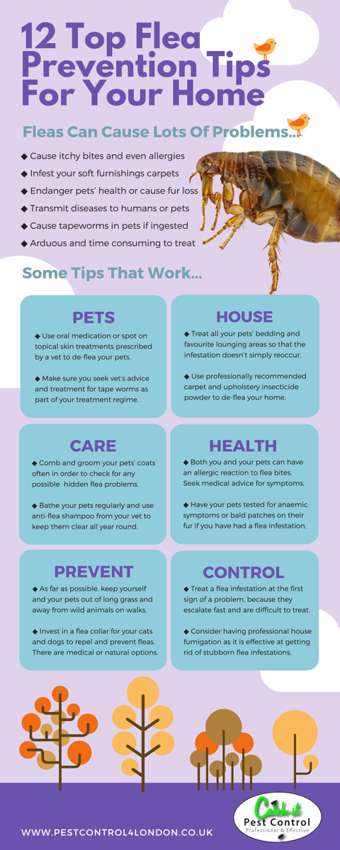Pest-Proofing Your Yard: Tips For Keeping Outdoor Insects At Bay
Pest-Proofing Your Yard: Tips For Keeping Outdoor Insects At Bay
Blog Article
Written By-Thorpe Medeiros
Envision your yard as a sanctuary, an area of serenity and beauty. Nonetheless, the presence of outdoor bugs can quickly disrupt this picturesque photo. What happens if there were simple yet effective means to maintain these unwanted site visitors away and secure your yard oasis? By adhering to a couple of functional pointers and applying natural techniques, you can develop a harmonious exterior area where your plants can thrive undisturbed.
Natural Bug Deterrents
To keep bugs away from your garden normally, plant fragrant herbs like mint and lavender. These fragrant plants not only add charm to your garden yet also function as reliable parasite deterrents. Parasites like insects, flies, and even some garden-damaging bugs are pushed back by the solid fragrances given off by these herbs. Just positioning them strategically around your garden can aid develop a natural obstacle against unwanted parasites.
Along with mint and lavender, consider growing other herbs like rosemary, basil, and lemongrass to better enhance your garden's pest-proofing abilities. These herbs not only work as natural repellents but also have the added advantage of serving in food preparation or crafting home made remedies.
Strategic Plant Positioning
Think about the design of your garden and the sorts of plants you need to tactically position them for maximum pest-proofing performance.
Start by grouping plants with comparable resistance to insects together. By doing this, you can create a natural obstacle that prevents bugs from spreading out throughout your yard.
Additionally, placing pest-repelling plants like marigolds, lavender, or mint near even more vulnerable plants can aid shield them. Tall plants, such as sunflowers or corn, can work as a guard for shorter plants versus bugs like rabbits or ground-dwelling pests.
Remember to leave adequate room in between plants to enhance air blood circulation and lower the risk of diseases that pests could carry.
Furthermore, consider planting strong-smelling natural herbs like rosemary or basil near susceptible plants to confuse bugs' senses and make it harder for them to situate their targets.
Reliable Parasite Control Techniques
For combating yard pests effectively, applying a multi-faceted insect control technique is important. Start by urging https://www.abcactionnews.com/news/region-hillsborough/tips-sought-after-dog-found-in-lithia-with-zip-ties-electrical-wire-embedded-in-neck -natural killers like birds, ladybugs, and hoping mantises to aid keep bug populaces in check. Presenting tick control that bring in these beneficial bugs can help in bug control. Additionally, practicing great yard health by getting rid of particles and weeds where parasites might hide can make your garden much less hospitable to undesirable visitors.
Consider making use of physical barriers such as row cover textiles or netting to secure prone plants from insects like caterpillars and birds. Using organic pesticides like neem oil or insecticidal soap can also be effective versus particular bugs while being less hazardous to useful insects and the environment. It's important to rotate your crops each season to avoid the build-up of parasite populations that target specific plants.
Consistently inspect your plants for indicators of parasite damage so you can take action immediately. By incorporating these approaches and staying vigilant, you can effectively control yard insects and take pleasure in a thriving, pest-free garden.
Conclusion
So, there you have it - with the appropriate methods, you can maintain pesky outside bugs far from your garden and help your plants prosper.
Did you recognize that growing mint has been shown to fend off mosquitoes and various other pests, decreasing the need for dangerous pesticides by approximately 60%?
By incorporating all-natural deterrents and clever planting techniques, you can produce an attractive and pest-resistant yard oasis for you to enjoy.
